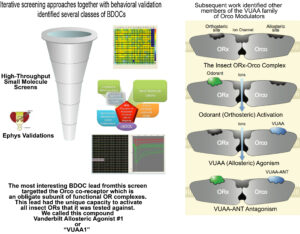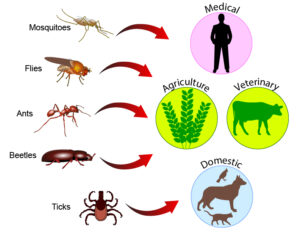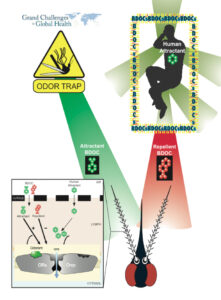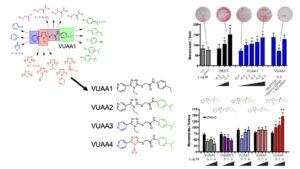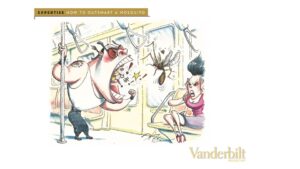©
Vanderbilt University · All rights reserved. Site Development: Digital Strategies (Division of Communications)
Vanderbilt University is committed to the principle of equal opportunity. Vanderbilt University does not discriminate against individuals on the basis of their race, sex, sexual orientation, gender identity, religion, color, national or ethnic origin, age, disability, military service, or genetic information in its administration of educational policies, programs, or activities; admissions policies; scholarship and loan programs; athletic or other University-administered programs; or employment. Accessibility information.
Vanderbilt®, Vanderbilt University® and the Vanderbilt logos are trademarks of The Vanderbilt University.
